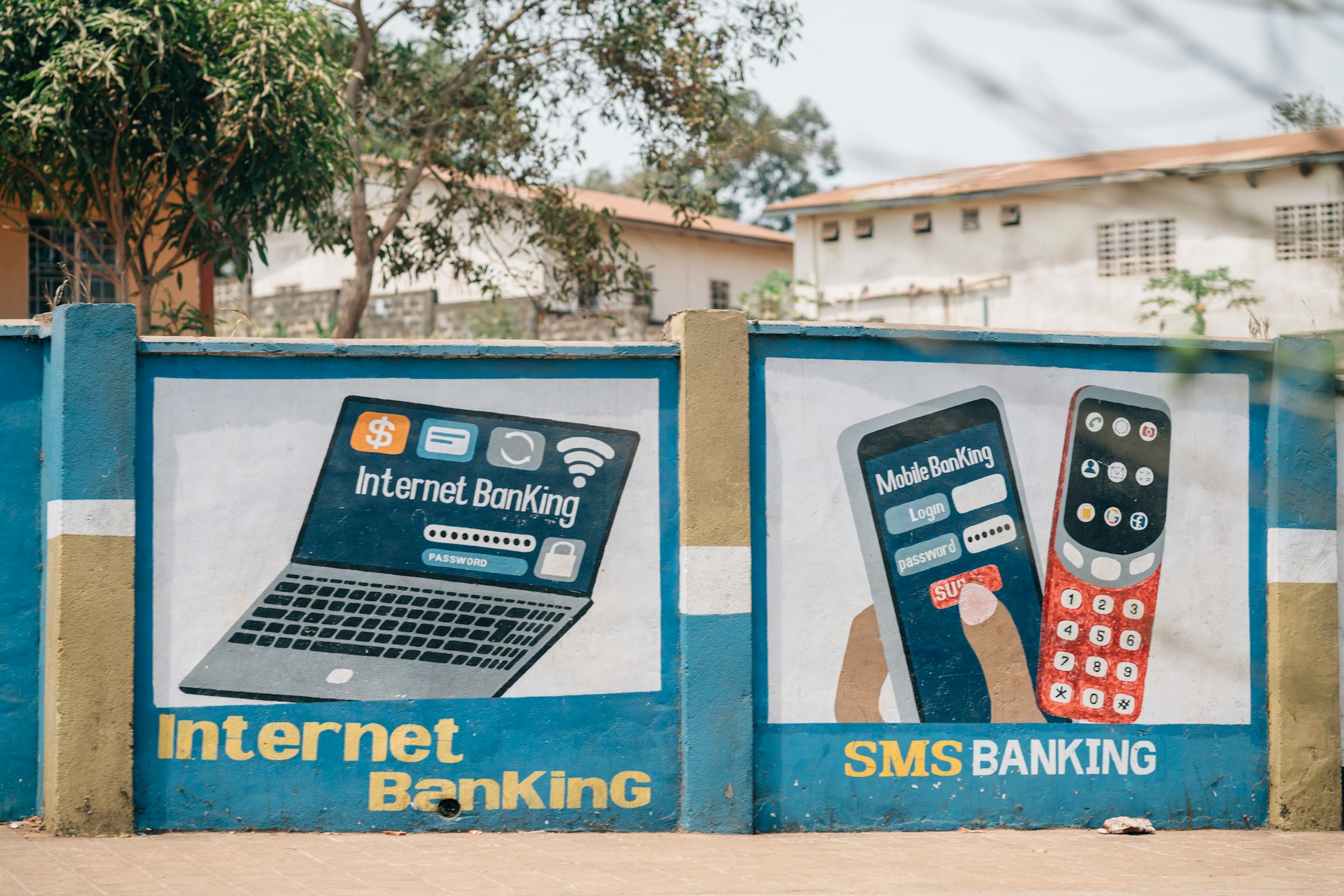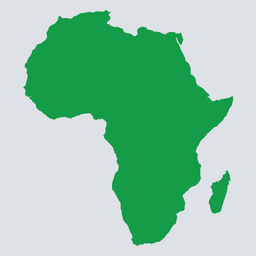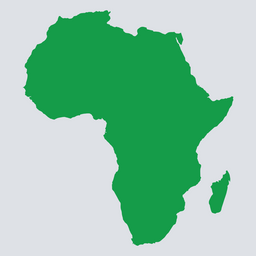OP-ED - Lessons from 25 Years of Africa’s internet story: a preview of Russell Southwood’s reflections
Drawing from an upcoming African Tech Roundup podcast, this op-ed unpacks Russell Southwood’s reflections on lessons, blind spots and enduring questions.

When Russell Southwood first landed in Africa in 2000, he had "almost no contacts." Armed with yellow pages and a British passport, he would look up internet service providers, turn up at their offices, and introduce himself as a London-based journalist interested in Africa's internet potential. Imagine.
What followed was a 25-year journey of weekly observation that would chronicle one of the continent's most significant transformations, whilst raising persistent questions about perspective, privilege, and who gets to define African progress.
"There were almost nobody involved in the internet," Southwood recalls of those early days during a yet-to-be-released African Tech Roundup Podcast conversation. "The numbers of people involved in or interested in the internet were in the hundreds or the thousands."
His now-discontinued weekly newsletter created what he calls "a village of people who are interested in things digital in Africa," establishing him as an influential agenda-setter during a crucial period of continental transformation. Happily, he has resumed regular journalistic musings via his new(ish) Substack blog.
Privileged access
Yet Southwood's outsider status - travelling freely across borders that remain challenging even for privileged Africans, observing from London while others built businesses on the ground - illuminates uncomfortable dynamics about who gets heard in conversations about African futures.
His insights, while undeniably sharp, come from someone who could dip in and out of the continent at will, scrutinising rather than executing, critiquing from a position of remarkable mobility and access. Not to knock or discredit him. It isn’t his fault so much as it just is how it is, and it’s worth mentioning.
This vantage point shapes both the default strengths and blind spots of his work. Southwood identifies monopolistic structures and state patronage as primary obstacles to digital progress, describing governance systems "in which many of the decisions go up to the president or almost to that level."
He contrasts countries like Cameroon, "run by a 92-year-old who's about to stand for election again," with places like Kenya or Nigeria that allow "much more pushing and shoving and argument and different sources of power."
Hindsight luxury
Southwood's reading of M-PESA illustrates both his keen observational skills and the luxury of hindsight. He notes how before M-PESA, people in DRC were already transferring money "on a kind of trust basis between cities because the banking system didn't work," and how Africans were "already transferring... time bought time... credits from one phone to another."
The lesson he draws - that M-PESA succeeded because "the middle classes and the people with money used M-PESA, people without money used M-PESA" - is astute but arrives after years of entrepreneurs and intrapreneurs committing a bunch to build something unprecedented.
It's far easier to identify the factors behind M-PESA's success in retrospect than it was to navigate the uncertain regulatory environment, sceptical investors, and technical challenges that its creators and proponents faced in real-time. Southwood's weekly newsletter documented these developments as they unfolded.
His critique of current venture capital narratives reveals similar tensions. He correctly identifies how "everything slightly has to be oversold because the people have the VC capital have raised in part from the DFI funders and as a result it has to reach women in villages... and lift entire generations out of poverty... as well as make unicorn sums of funding and returns."
I've heard it argued that "overselling" Africa might well be the only way to attract capital to genuinely transformative work. Whilst I empathise with the argument, I don't endorse or accept it. Nevertheless, I digress.

Infrastructure reality
These overselling pressures become more understandable when considering the basic infrastructure challenges Southwood acknowledges, noting discussions about fibre networks in DRC where "there would be more fibre by kilometre... than there were actually roads."
He identifies literacy as crucial, recognising that "in order to program, in order to do a whole series of things... literacy is a set of layers." These observations are valid, but they also risk reinforcing tired narratives about African deficiency rather than examining how entrepreneurs innovate resourcefully within existing constraints.
Provisional wisdom
The most revealing, and indeed helpful, aspect of Southwood's approach may be his intellectual humility about conclusions. Reflecting on his book, "Africa 2.0: Inside a Continent's Communications Revolution", published by Manchester University Press in 2022, he admits: "the toughest thing was reaching conclusions because it's... a story that will run for decades and actually saying something meaningful at this point is very hard."
This honesty about provisional observations stands in marked contrast to much contemporary discourse, yet it also highlights the luxury of remaining relatively uncommitted à la 'skin in the game' when others must make decisions with real-world implications and personal stakes on the line with incomplete information.
His emphasis on gradual change - "the digitalisation of government, the digitalisation of existing businesses begins to change certain things" - reflects a measured view that comes easier to observers than practitioners. When he suggests that lasting transformation "may take 15, 20 years," he speaks from a position where patience is possible, unlike entrepreneurs facing immediate pressures to show progress or perish.

Now, to be fair, being a career consultant to pay the bills does make Southwood an entrepreneur of sorts, subject to the unrelenting buffeting of markets and economic tides. As a journalist cum media entrepreneur myself, the distinctive purview of chronicler slash business person does lend some fairly handy insights into states of play across markets.
None of this diminishes the worth of Southwood's chronicles or his apparent commitment to understanding African digital transformation. His weekly discipline of deciding "what is important, what isn't important" created crucial documentation of a pivotal period. His identification of monopolistic barriers proved prescient, and his scepticism of oversimplified narratives remains necessary.
As Africa's digital transformation continues, Southwood's writing over a quarter-century offers essential lessons about the gap between aspiration and implementation. His work reminds us that lasting change happens slowly and unevenly: insights worth heeding, even as we remain mindful of who gets to observe from comfortable distances and who must navigate uncertain futures up close.
Editorial Note: A version of this opinion editorial was first published by Business Report on 09 September 2025.



